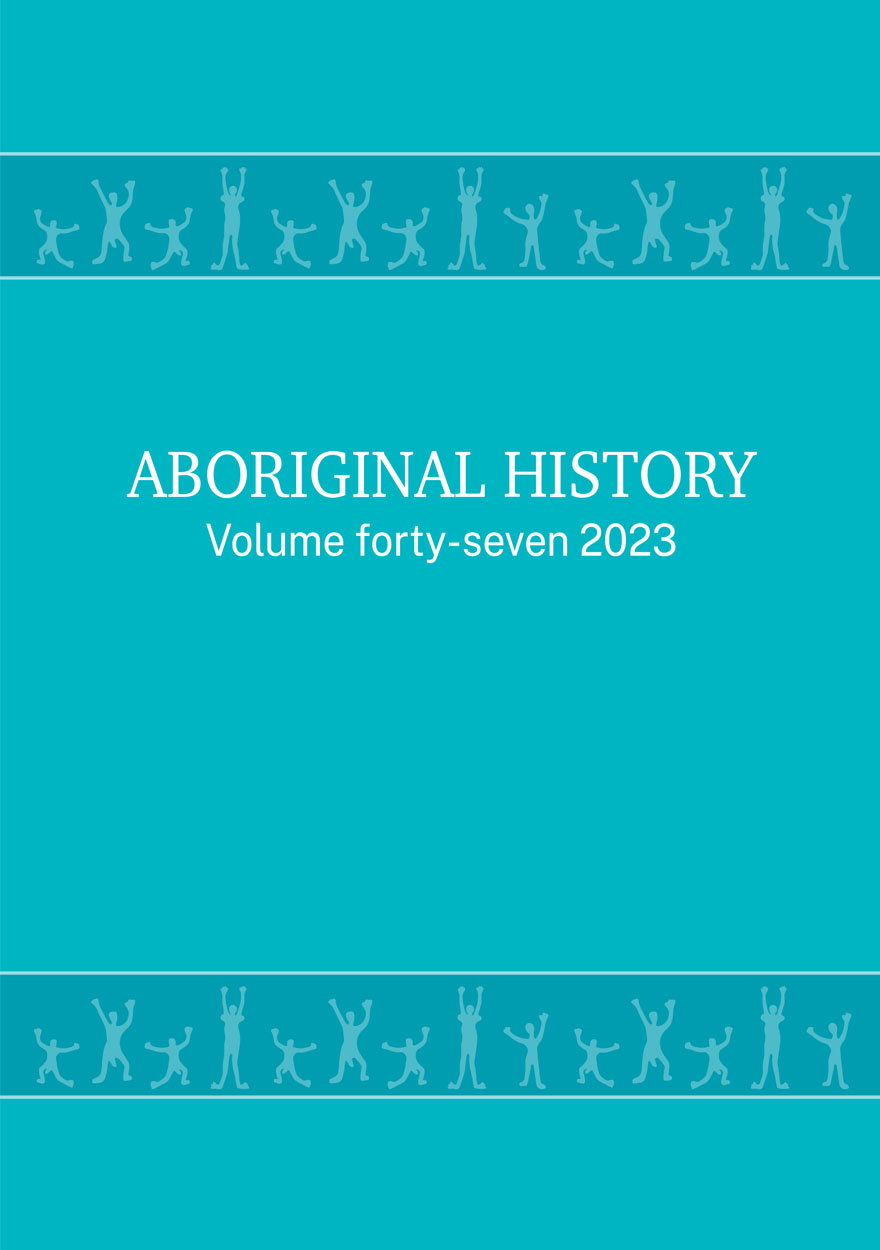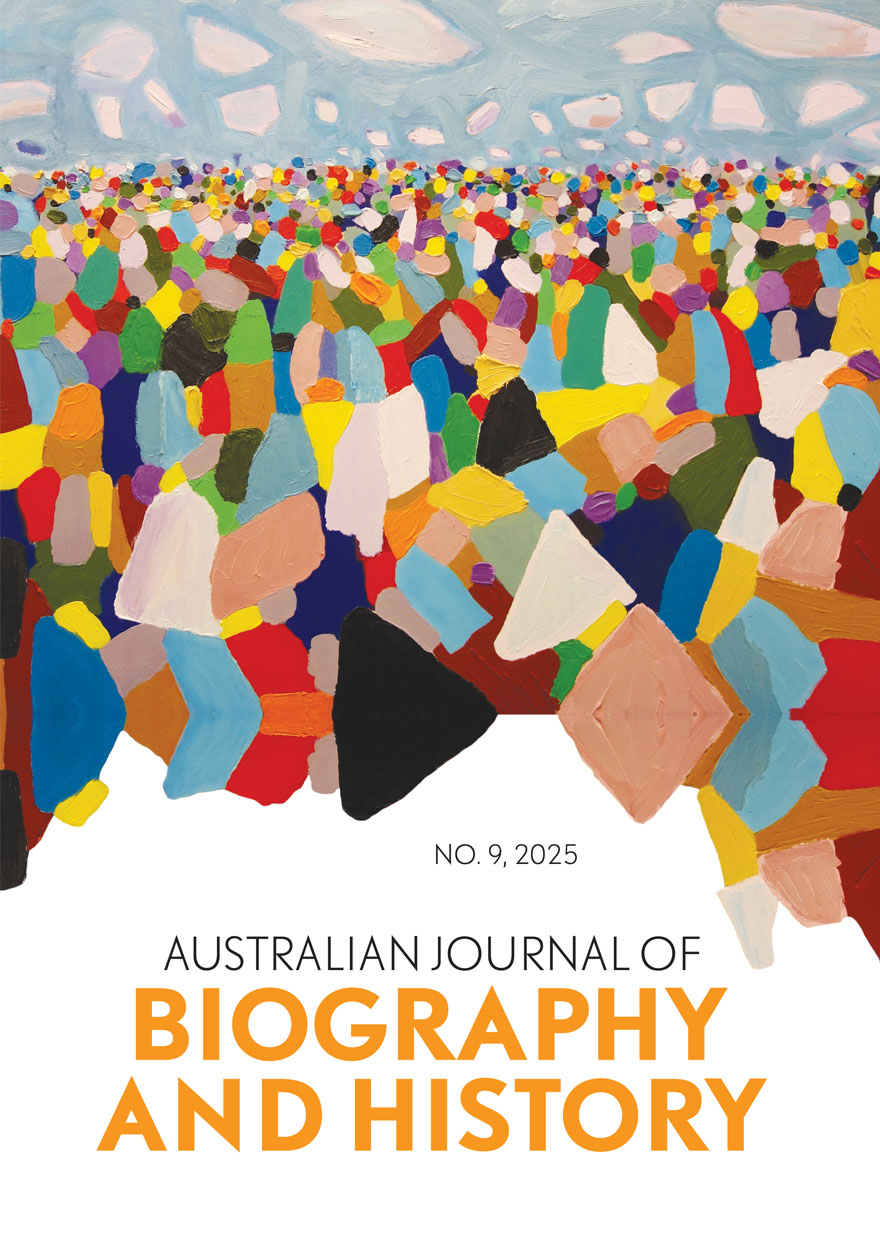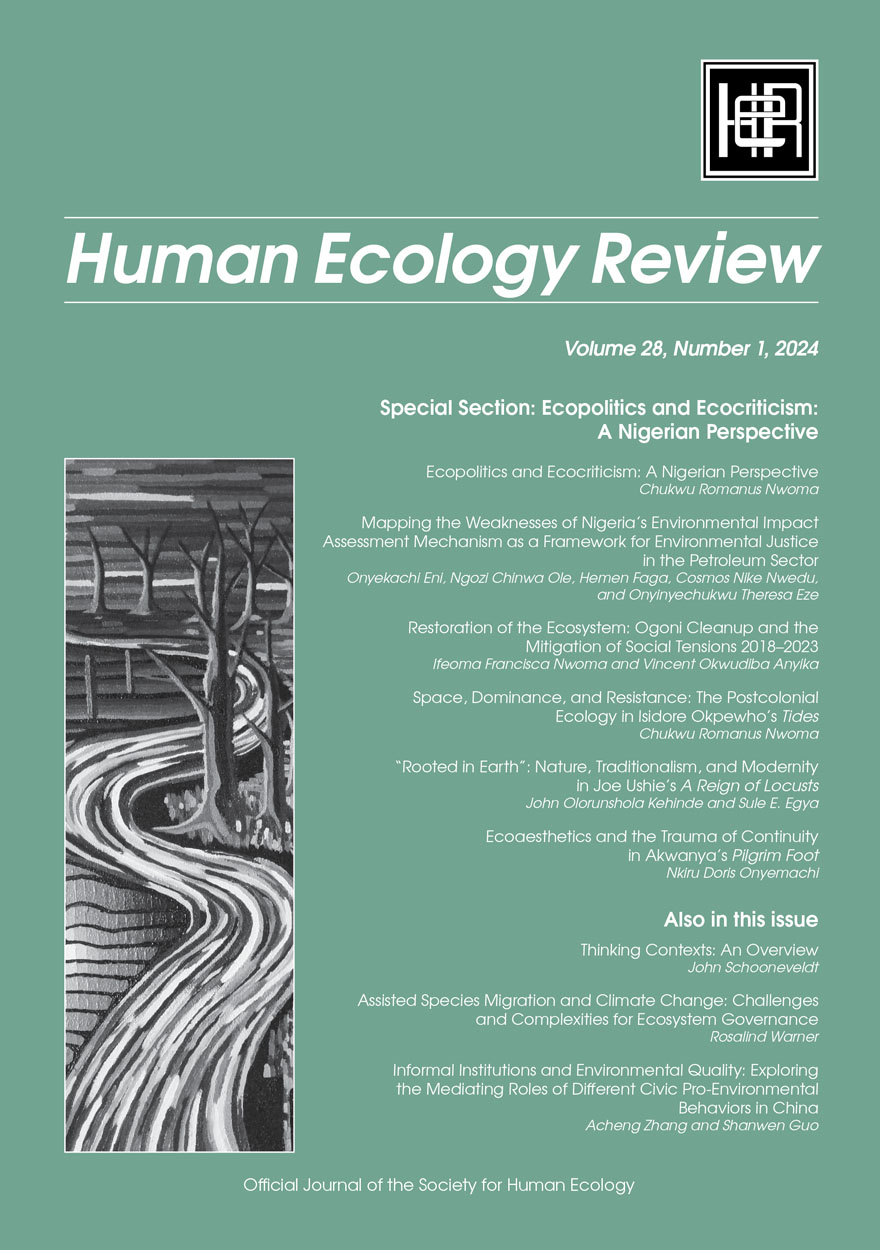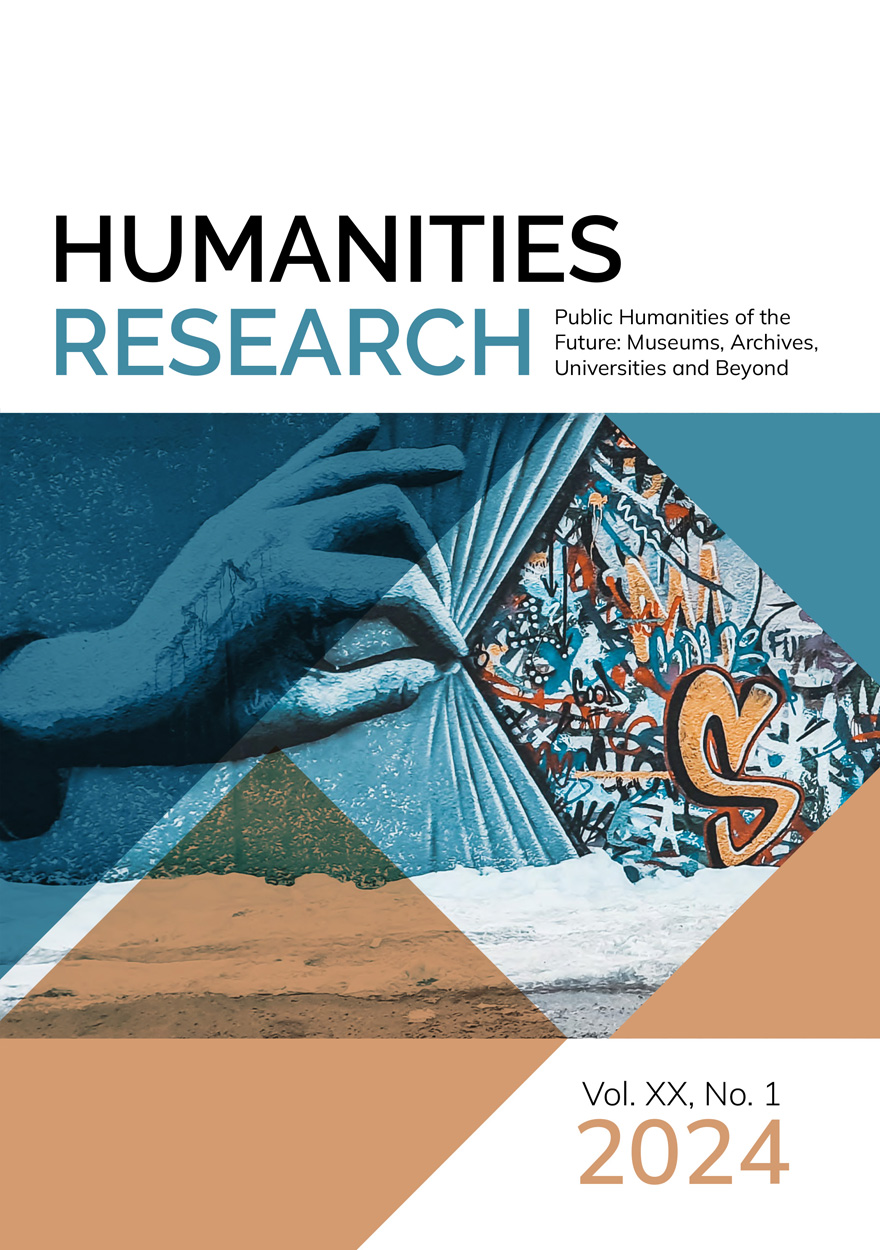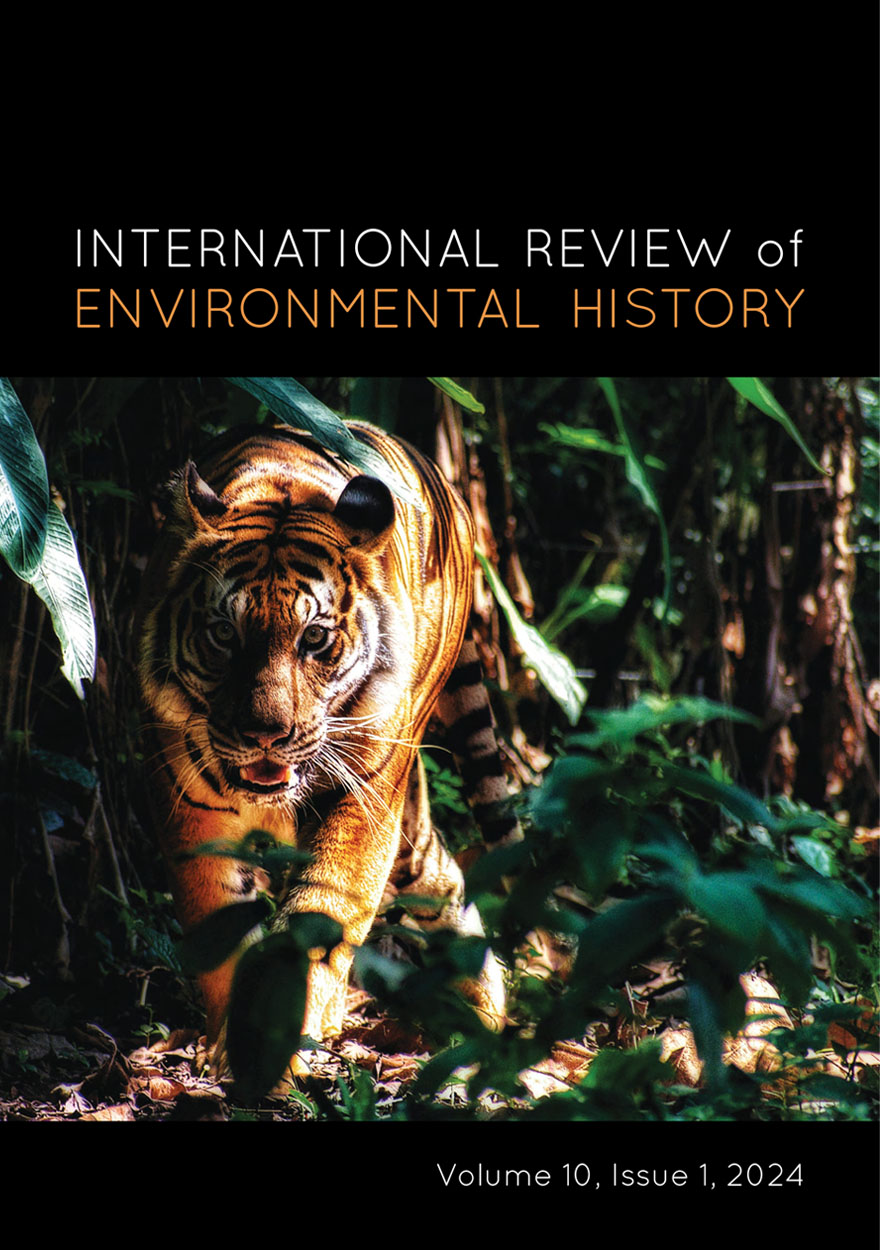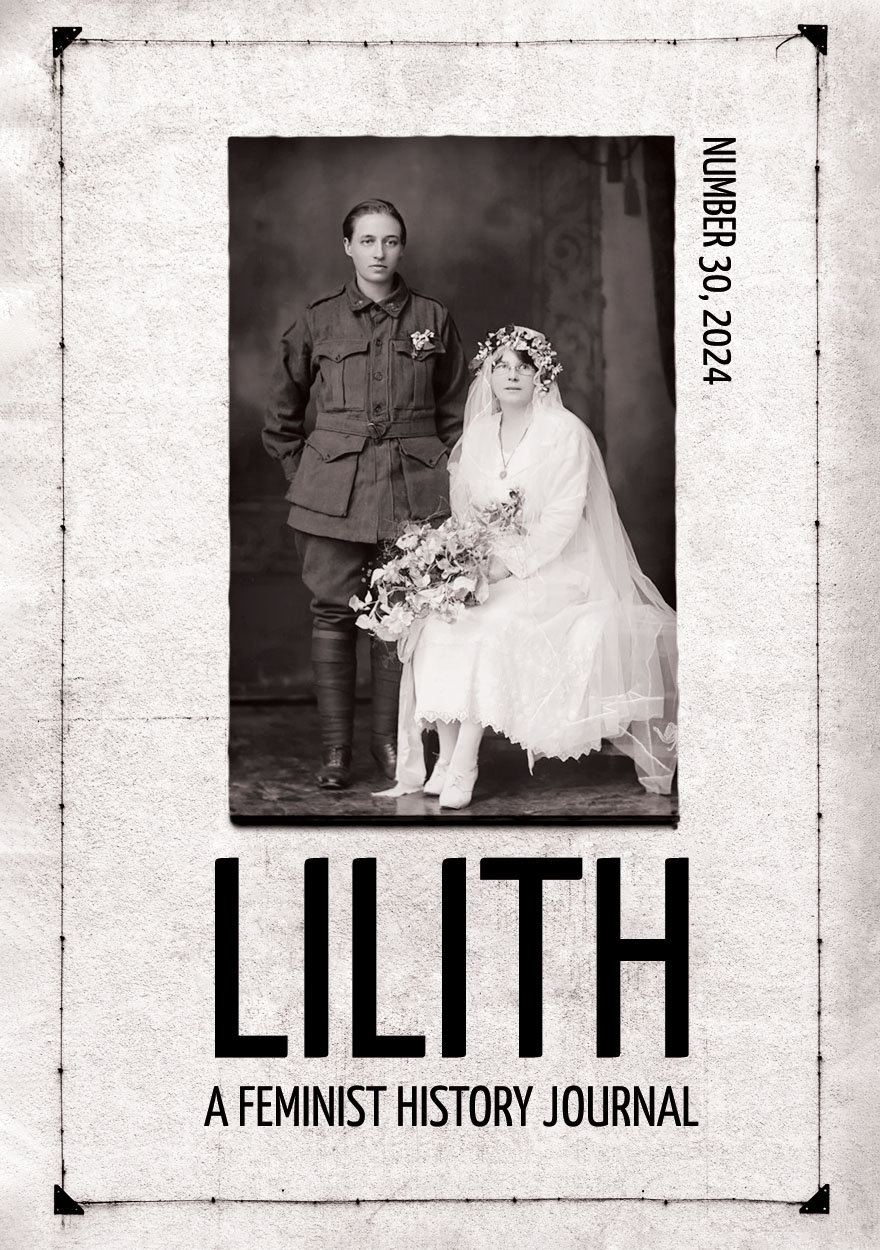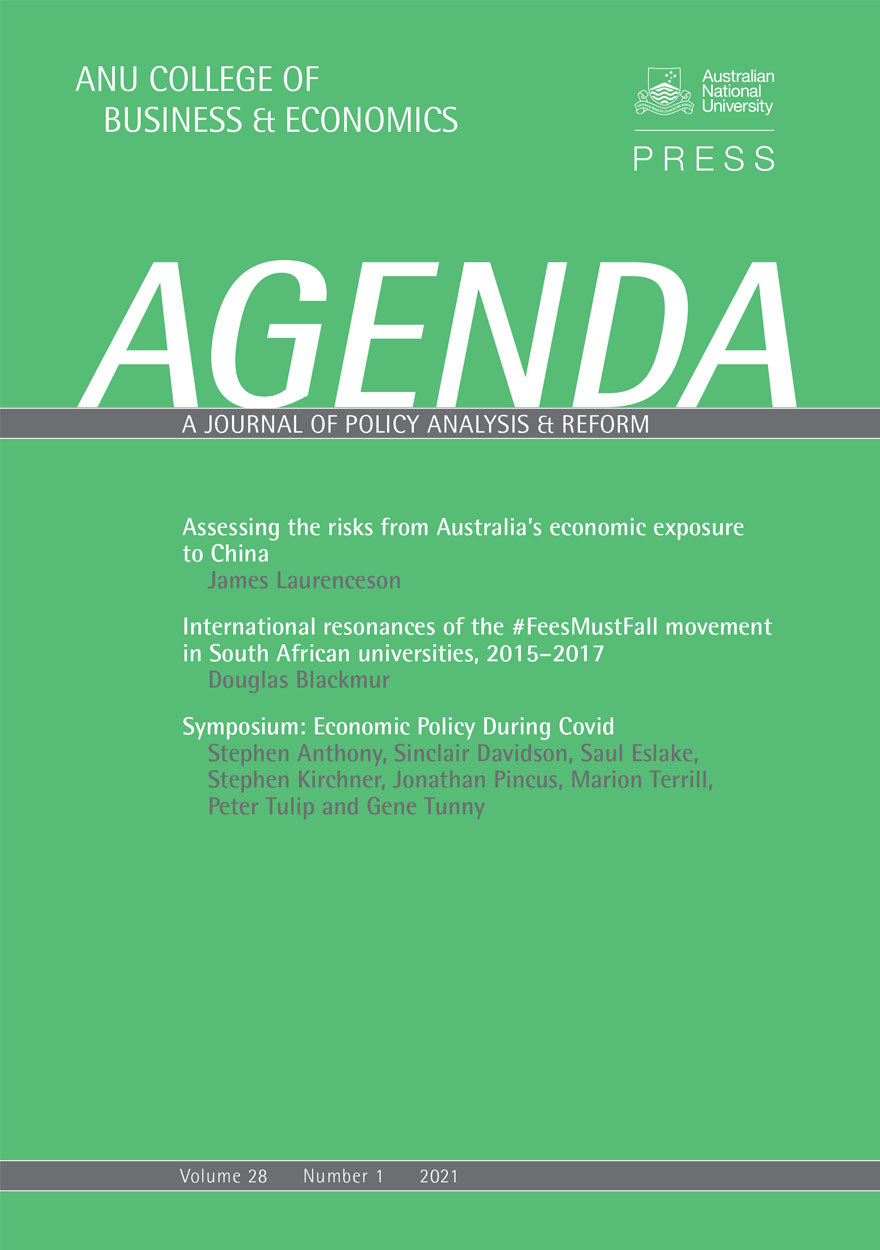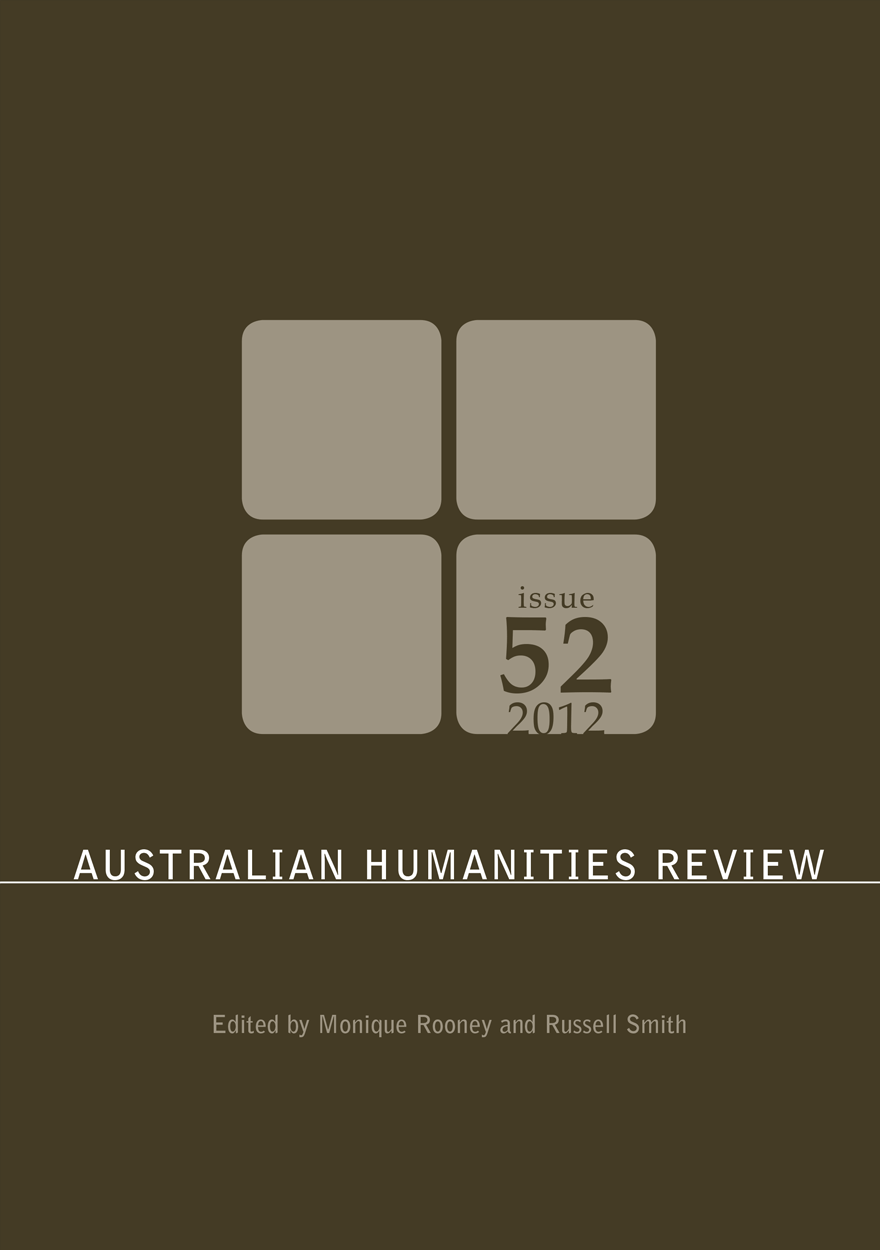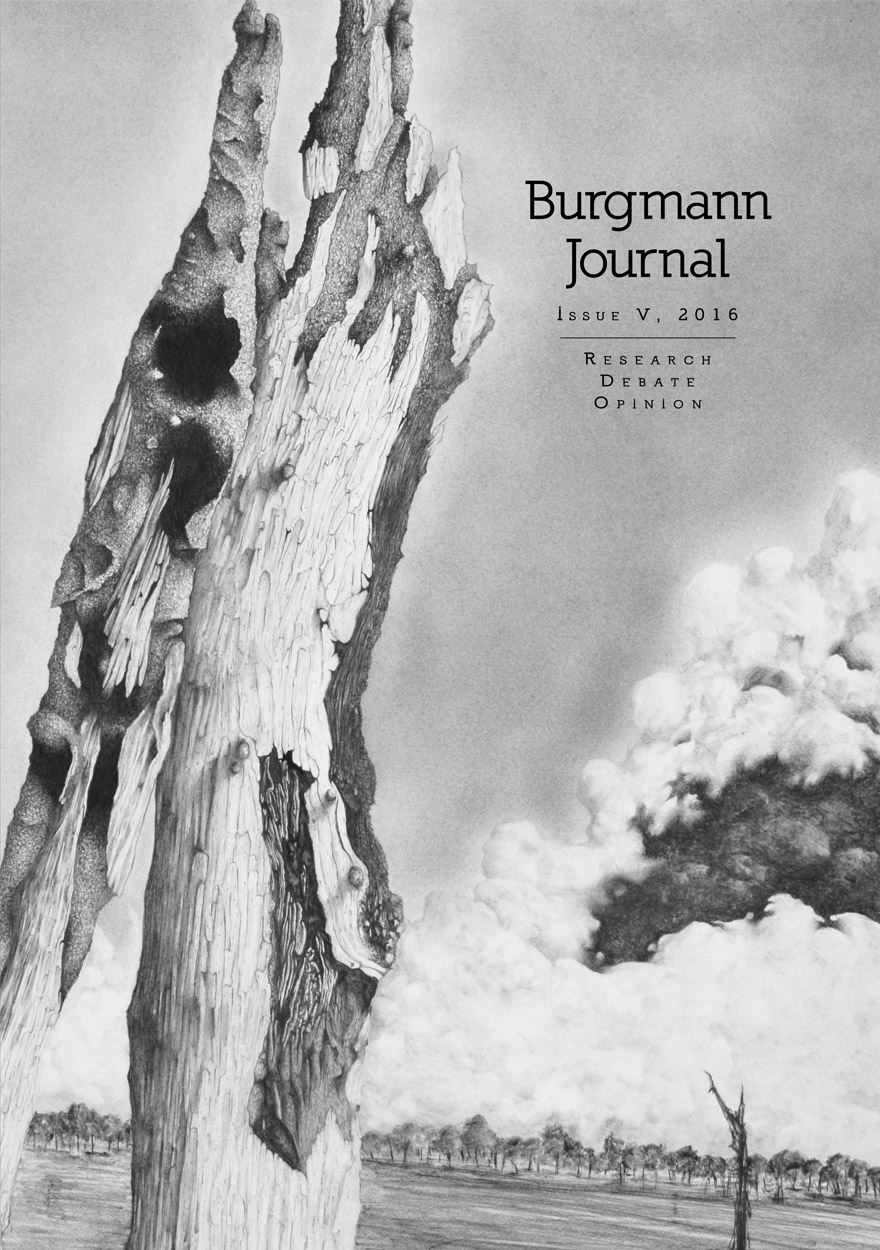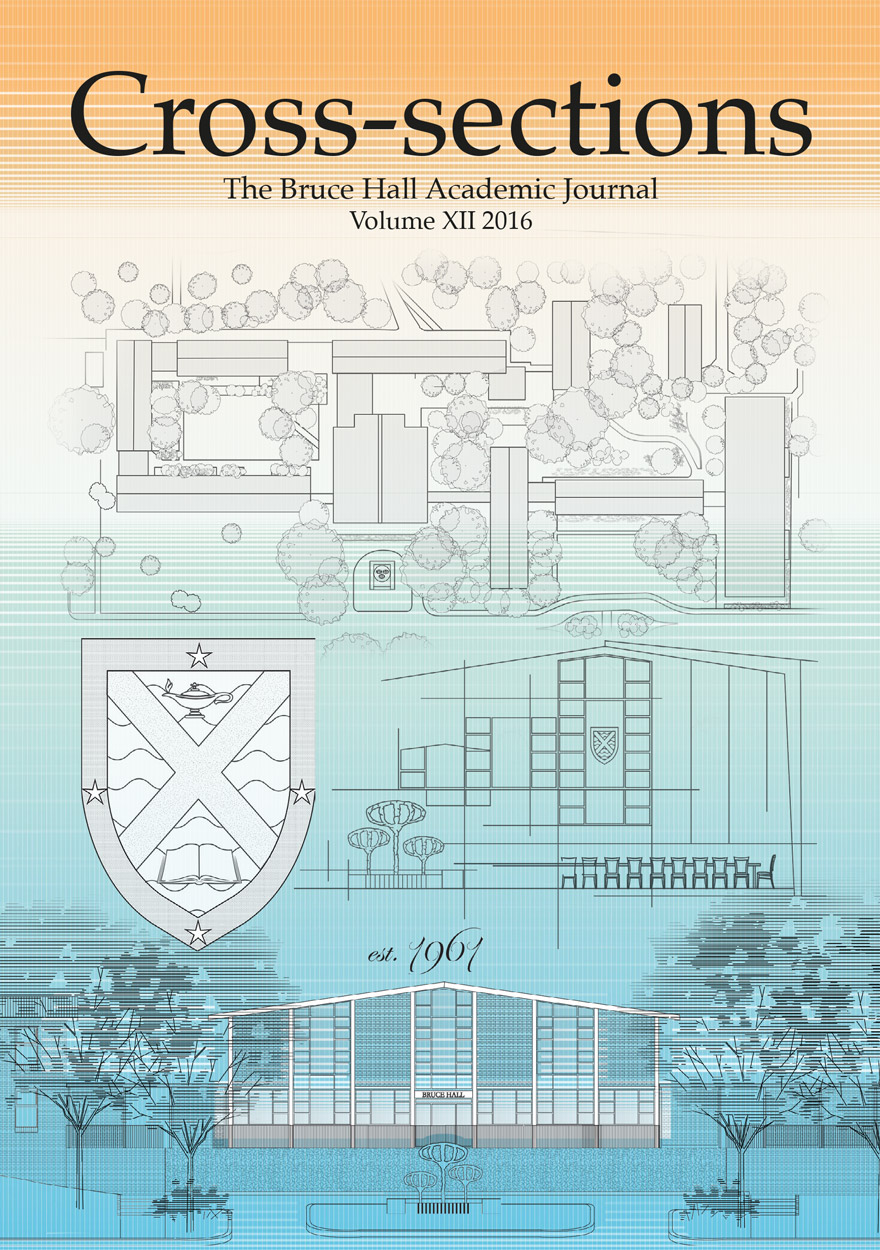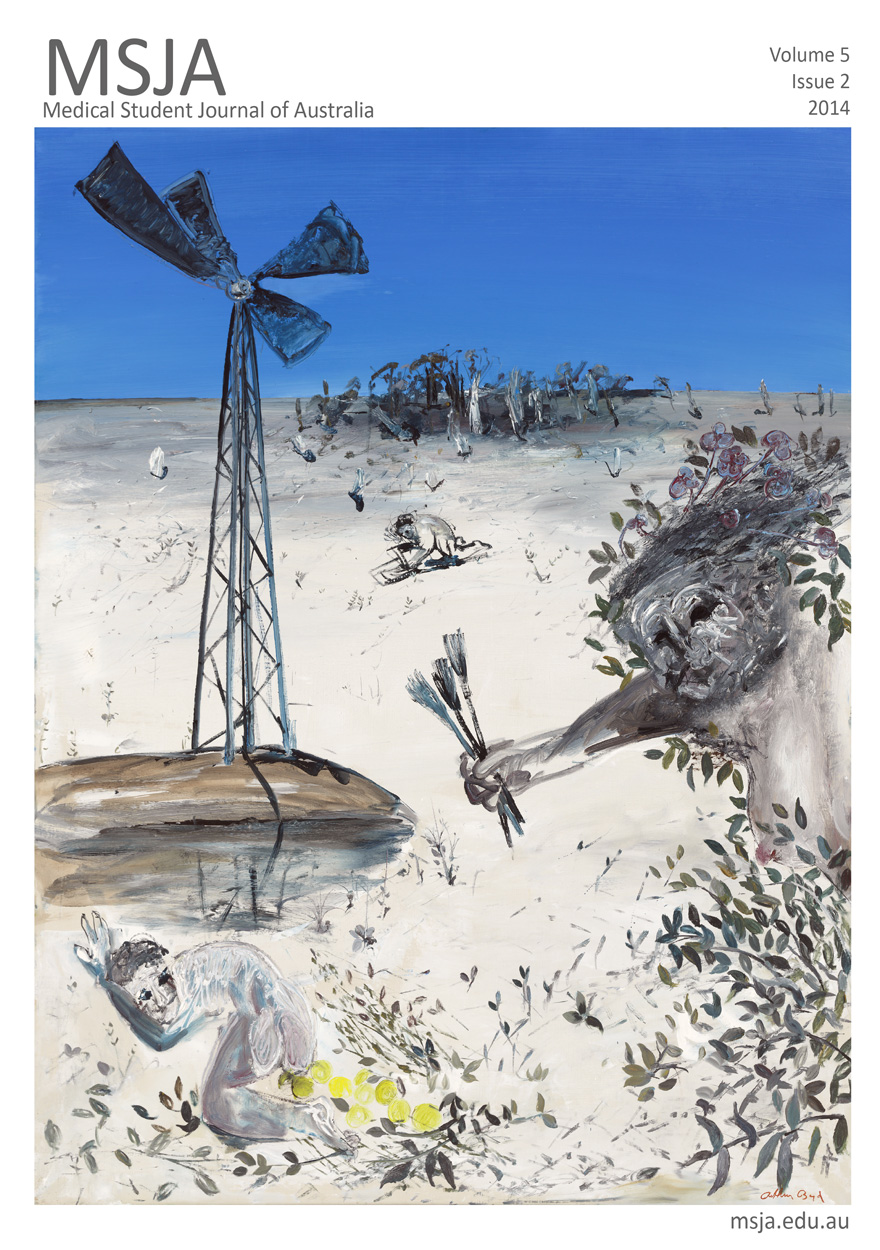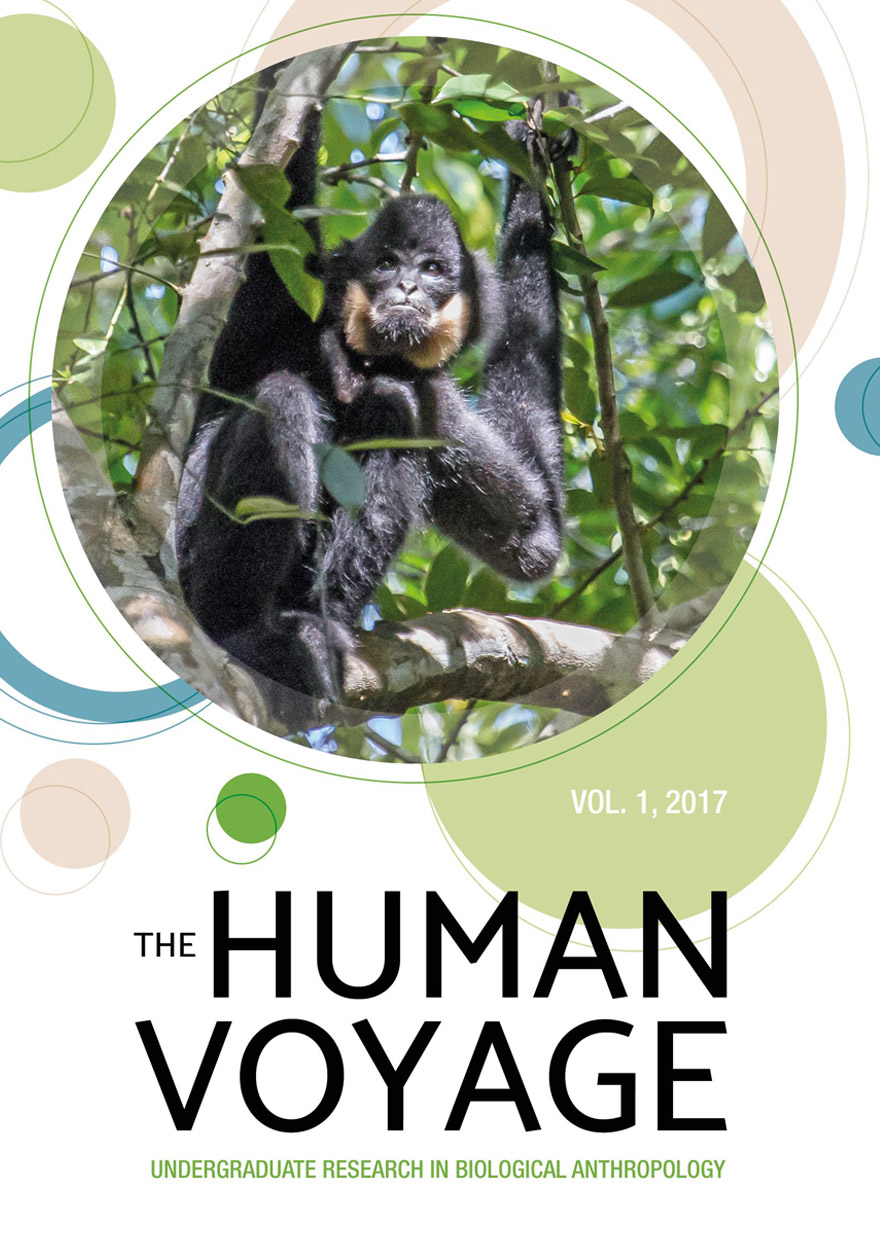Journals
Browse or search a variety of academic journals maintained by ANU Press, or find out more about the journal authors. Download the book for free or buy a print-on-demand copy.
Manuhuia Barcham »
A political philosopher turned management practitioner Manuhuia Barcham is an expert in Organizational Strategy & Design. In his professional life he has worked at a range of scales from country-level transformations through to individual organizational restructuring projects working with a range of clients from the United Nations through to Fortune 500 companies through his company Synexe. He continues to write and speak on this and related topics having published two books and over 20 articles and book chapters over the course of his career.
Jonathan Boston »
Jonathan Boston is a Professor of Public Policy and Director of the Institute of Policy studies at the School of Government, Victoria University of Wellington. He has published widely in the fields of public management, tertiary education, social policy, and climate change policy, including 24 books and over 170 journal articles and book chapters.
Paul Burke »
Before crossing over to anthropology, Dr. Paul Burke had a career as a legal aid and land council lawyer in central Australia in the 1980s. There he began to take a particular interest in Aboriginal languages and culture. His work on land claims brought him into close contact with anthropologists and perhaps planted the seed of his book, Law’s Anthropology. While in Canberra working in the administration of land rights and heritage protection legislation he commenced his formal study of anthropology at The Australian National University. He was awarded his PhD in anthropology in 2006. Since then he has worked as a consultant anthropologist on native title claims in southern Queensland and the Pilbara region of Western Australia. He is currently an AOC funded research fellow at the school of archaeology and anthropology at ANU where he is researching the Warlpiri diaspora. He is uniquely well-placed to provide this account of the formulation and legal reception of the expert testimony of anthropologists.
Tom Campbell »
Tom Campbell is a Professorial Fellow at the Centre for Applied Philosophy and Public Ethics, Charles Sturt University, Canberra and Visiting Professor at The School of Law, King’s College, London. He is a distinguished legal and moral philosopher with a long standing interest in business and professional ethics.
Chris Clarkson »
Chris Clarkson received his PhD in archaeology in 2004 from The Australian National University on the topic of long term technological change in Wardaman Country, Northern Territory. Dr Clarkson has since held research positions at the University of Cambridge, The Australian National University and the University of Queensland. He is currently employed as a lecturer and researcher.
Aaron Corn »
Dr Aaron Corn works with endangered intellectual traditions that remain fundamental to Indigenous cultural survival in remote Australia, and inform contemporary Indigenous engagements across different legal systems and cultures. Focusing on Indigenous initiatives in music and dance, festivals and film, recording and archiving, and law and politics, his research foregrounds the unique perspectives of Indigenous peoples on current public and academic debates over the cultural, economic and political futures of their communities. His book, Reflections and Voices, explores the leadership and creative agency of the Australian band, Yothu Yindi, from Arnhem Land.
Aaron collaborates with Indigenous elders to create seminal records of their endangered performance traditions, and works through the Pacific and Regional Archive for Digital Sources in Endangered Cultures (PARADISEC) and the National Recording Project for Indigenous Performance in Australia to field test new digital recording technologies and archiving protocols. Through his current ARC Future Fellowship, he collaborates in these initiatives to apply Semantic Web techniques to digital archives management for endangered cultural resources.
Aaron also works closely with Indigenous elders and scholars to identify and repatriate their material culture from collections worldwide. In particular, his work with Dr Joseph Gumbula from Arnhem Land on rights management and access to Indigenous cultural heritage has affected new approaches to curatorial policies and practices among numerous major collections. Aaron plays yidaki ‘didjeridu’ in the traditional Manikay style from Arnhem Land under Dr Gumbula’s direction. He has also produced traditional performers from Arnhem Land in a variety of concerts at major events and venues including the Garma Festival, the Cité de la Musique in Paris, Womadelaide, the National Museum of Australia, and the ANU production of Crossing Roper Bar by the Australian Art Orchestra.
Fred Cahir »
Dr Fred Cahir is a Senior Lecturer and Aboriginal Studies Program Coordinator in the School of Education and Arts at Federation University, Australia. He is also a co-Director of the ‘Australian History Research Centre’ and is the Program Coordinator of ‘Australian History Higher Degree by Research’ at Federation University. A 2013 Australian Award for University Teaching [Office for Learning and Teaching] was awarded to Fred for ‘designing imaginative and authentic learning experiences which empower Indigenous studies students’.
His Masters and PhD focused on local Victorian Aboriginal history and he publishes widely in this field. His PhD and subsequent book ‘Black Gold: the role of Aboriginal people on the Gold Fields of Victoria’ was awarded the Australian National University & Australian Historical Association 2008 Alan Martin Award for ‘a PhD Thesis which has made a significant contribution to the field of Australian history’.
Two of Fred’s recent publications: ‘Black Gold’ [ANU E-Press]and ‘The Historic Importance of the Dingo in Aboriginal Society in Victoria’ [Journal of the International Society for Anthrozoology] were awarded commendations in the 2013 Victorian Community History Awards. Fred’s latest co-edited book with Professor Ian Clark is ‘The Aboriginal Story of Burke and Wills: Forgotten Narratives’ (2013), an outcome of an ARC Linkage Grant (2011).
Fred is currently working on several books including ‘Aboriginal Protector’s Children: Their Contribution to Aboriginal Studies’; ‘Victorian Aboriginal Ecological Knowledge’ and ‘A History of the Wathawurrung’.
Some of his current Public roles include: Editorial Board member of the Journal of the Public Records Office of Victoria, Geographic Place Names Advisory Panel [VIC} and Aboriginal History Advisor at Sovereign Hill Museum.
Marshall Clark »
Marshall Clark is Senior Lecturer at the School of Politics and International Relations, Australian National University.
Selwyn Cornish »
Selwyn Cornish graduated in economics with first class honours from the University of Western Australia. He is a Visiting Fellow in the School of Economics and the Head of Toad Hall at ANU. His major research fields embrace the development and application of macroeconomics in the 20th century, and biographical studies of economists. He has written on Keynes and Australia, and wrote the entry on Keynes for the Biographical Dictionary of British Economists (2004). His publications include Full Employment in Australia: the Genesis of a White Paper (1981); Roland Wilson: A Biographical Essay (2002); Giblin’s Platoon: The Trials and Triumph of the Economist in Australian Public Life with William Coleman and Alf Hagger (2006); Ardnt’s Story (2007) and the entry on ‘Australasian Economics’ in the Revised New Palgrave Dictionary of Economics (2008). He is an Associate Editor of the forthcoming Biographical Dictionary of Australian and New Zealand Economists, and is writing the History of the Reserve Bank of Australia 1975–2000. In 2004 he was appointed a Member of The Order of Australia for services to secondary education in the ACT.
William Coleman »
William Coleman is a Reader in the School of Economics at ANU. He is widely published in the History of Economic Thought and contemporary economic controversies. William Coleman’s principal research interests are in Macroeconomic Theory, the History of Economics, and Monetary Economics. An article drawn from his 1995 book Rationalism and Anti-Rationalism in the Origins of Economics won the History of Economics Society Prize for the best article. His most recent book Economics and Its Enemies (2004) was awarded an Outstanding Academic Title Award by the American Libraries Association. William’s current professional activities are Editor for Agenda: A journal of Policy Analysis and Reform, Columnist for the Social Affairs Unit website, and Convenor of the 2011 Australian Conference of Economists.
ANU Press Textbooks grant scheme »
The ANU Press Textbooks grant scheme seeks to support ANU academics in publishing digital textbooks through the ANU Press Textbook imprint. The ANU Textbooks grant scheme closely aligns with the ANU Vice-Chancellor’s Teaching Enhancement Grants to support innovative and creative initiatives and
Thom van Dooren »
Thom van Dooren is a Senior Lecture in Environmental Humanities at the University of New South Wales. Australia. He is the author of Flight Ways: Life and Loss at the Edge of Extinction (Columbia University Press, 2014) and co-editor of the international, open access journal, Environmental Humanities.
Pip Deveson »
Pip Deveson is a Research and Media Project Officer with the Digital Humanities Hub at The Australian National University Research School of Humanities. Over recent years, she has worked on a number of multi-media and film projects, most notably, the multi-media biography (on CD-ROM) of the renowned Yolngu artist, Narritjin Maymuru. She is currently working on two Australian Research Council funded projects: Contexts of Collection – a dialogic approach to understanding the making of the material record of Yolngu cultures; and Pintupi Dialogues – reconstructing memories of art, land and community through the visual record. Her involvement with both of these projects builds upon her work, over many years, with filmmaker Ian Dunlop.
Deveson began working with Dunlop after completing an anthropology degree at ANU. From 1981 to 1984 her role was that of research assistant on the Yirrkala Film Project, focussing on the effects of the NABALCO bauxite mine on the Yolngu Aboriginal community of northeast Arnhem Land. Following the birth of her three children, she returned to work with Dunlop in 1994, as editor/writer for the Yirrkala Video Project – an extension of the film project, funded by Australian Institute of Aboriginal and Torres Strait Islander Studies and Film Australia. In 1996, Deveson and Dunlop shared the Royal Anthropological Institute Film Prize for the film Conversations with Dundiwuy Wanambi. In 2007, she was awarded the National Archives Frederick Watson Fellowship to undertake further research on the Yirrkala Film collection. During that time she also worked on several educational websites featuring Yolngu cultural material: Ceremony – the Djungguwan of northeast Arnhem Land; and Living Knowledge – Indigenous knowledge in science education.
John Docker »
BA (Hons), University of Sydney, 1967; MA (Hons), University of Melbourne, 1970; PhD, Australian National University, 1981.
Honorary Professor in the School of Philosophical and Historical Inquiry, John researches and writes in the fields of genocide and massacre studies, cultural theory, the Enlightenment, monotheism and polytheism, intellectual history, historiography, diaspora, ethnic and cultural identity, and the history of Zionism and Israel-Palestine.
John is currently working on several projects. One is a book entitled Sheer Folly and Derangement: Disorienting Europe and the West. Another is a research project entitled “The Rebecca File: The Strange Afterlife of Sir Walter Scott’s Ivanhoe’s Rebecca in the Nineteenth Century”. Another is an intellectual autobiography, tentatively entitled Growing Up Communist and Jewish in Bondi: A Memoir.
Bronwen Douglas »
Having taught History at La Trobe University for 25 years, Bronwen took up a fellowship in Pacific and Asian History at The Australian National University in 1997. Her major research interest is the history of the global concept of race and its particular manifestations in Oceania (conceived broadly to include Australia and Island Southeast Asia as well as the Pacific Islands). This is the theme of the book she co-edited with Chris Ballard for ANU Press – Foreign Bodies: Oceania and the Science of Race 1750-1940 (2008). She is at present completing a monograph called Indigenous Presence and the Science of Race: Savants, Voyagers, and Encounters in Oceania 1511-1840. This book examines the interplay of metropolitan ideas, regional experience and Indigenous agency in European descriptions, representations and classifications of people encountered in Oceania. She recently began a new project on ‘Naming Oceania: geography, raciology and local knowledge in the “fifth part of the world”, 1511-1920′. By tracing knowledge about places and their inhabitants to actual encounters, the project investigates the co-dependence of local and metropolitan modes of knowing and naming while also throwing new light on the complicity of racial geography and anthropology in 19th- and early 20th-century imperial competition and colonisation. She also has longstanding interests in the history of tattoo; the history of Melanesian Christianities; the intersections of Christianity, gender, and community in postcolonial Melanesia; and the colonial histories of New Caledonia and Vanuatu. Her major theoretical and methodical concern is the identification of traces of local agency in colonial and élite representations of actual encounters, including visual images and maps.
Michael Fabinyi »
Michael Fabinyi is a research fellow at the ARC Centre of Excellence for Coral Reef Studies at James Cook University. He is originally from Melbourne, where he completed his undergraduate degree in Anthropology in 2003. He obtained his PhD in Anthropology and Environment at The Australian National University in 2009. His research broadly focuses on the social and political aspects of marine resource management in the Asia-Pacific region, integrating environmental anthropology and political ecology. Much of his recent work has concerned the social dynamics of high-value commodity fisheries such as the trade in live reef fish, focusing on governance in source countries such as the Philippines and Malaysia, and consumption trends in China.
Greg Fealy »
Greg’s interest in Indonesian politics and Islam was awakened as an undergraduate at Monash University and they have remained the focus of his academic and professional activity since then. His PhD thesis was a study of the traditionalist Muslim party, Nahdlatul Ulama. More recently, he has examined terrorism, transnational Islamist movements and religious commodification in Indonesia, as well as broader trends in contemporary Islamic politics in Southeast Asia.
Denise Fisher »
Denise Fisher currently writes on France in the South Pacific, with a particular focus on contemporary New Caledonia. She is a Visiting Fellow with the Australian National University Centre for European Studies. A former senior Australian diplomat, Denise served as political and economic analyst in a number of post-colonial countries (Burma, Kenya, India, Malaysia) before an appointment as Counsellor (Political) in the Australian Embassy, Washington. She has served as Australia’s High Commissioner in Zimbabwe, concurrently accredited to Angola, Malawi, Zambia and Mozambique; and as Australia’s Consul-General in New Caledonia covering the French Pacific territories. Since leaving the Department of Foreign Affairs in 2006, she has written France in the South Pacific: power and politics. Denise has a Masters in International Public Diplomacy from Johns Hopkins University, and a Masters of Philosophy at the Australian National University. In 2011 she was made Chevalier in the French National Order of Merit.
Christine Fernon »
Christine Fernon is the Online Manager for the National Centre of Biography. She worked at the Australian Bureau of Statistics before becoming a research editor at the Australian Dictionary if Biography in 1998. She was later the Dictionary’s bibliographer and assisted in creating the online version of the ADB. She now manages this site along with the NCB’s other biographical websites. She has also written on the history of Canberra, including A Different View: The National Library and Its Building Art (2004) and is the editor of the NCB’s newsletter, Biography Footnotes.
Jon Fraenkel »
Jon Fraenkel is a Senior Research Fellow in the State, Society & Governance in Melanesia Program, in the College of Asia and the Pacific at The Australian National University. He formerly worked at the University of the South Pacific in Fiji from 1995-2007. He is author of The Manipulation of Custom; from uprising to intervention in the Solomon Islands (Victoria University Press & Pandanus Books, 2004) and recently co-edited The 2006 Military Takeover in Fiji; A coup to end all coups?, ANU Press, 2009. His current research work focuses contemporary Pacific politics, economic history of Oceania, electoral systems in Fiji, Tonga, Papua New Guinea and Nauru and women’s representation in the Pacific Islands. He is The Economist’s Pacific Island correspondent and regularly covers contemporary Pacific issues for other international media outlets.
Ross Garnaut »
Ross Garnaut is a Distinguished Professor at the Crawford School of Economics & Government, Australian National University College of Asia & the Pacific. Ross Garnaut’s research interests include China’s economic reforms and internationalisation; Asia-Pacific economies’ development and international economic relations; Australia’s economic relations with the Asia-Pacific region; domestic economic adjustment to Asia-Pacific economic development.
Robert A. M. Gregson »
Robert Gregson has published over 140 papers mostly in experimental applied and mathematical psychology, including statistics, cybernetics and psychophysics. He has published six books, has written a chapter for a handbook on psychophysiology, and sits on several editorial boards for international journals. His research interests include mathematical psychology, nonlinear dynamics, and psychophysics.
Dennis Hart »
Dennis Hart is a senior lecturer in the School of Business and Information Management at The Australian National University. Since leaving the Royal Australian Navy and becoming an academic in 1992, he has published his research work in national and international journals and conferences as well as co-edited the first volume of Proceedings in this series of Information System Foundations workshops.
Keith Houghton »
Keith Houghton is Professor of Business Administration at The Australian National University within the Crawford School, the University’s public policy school housed in the nation’s capital. For eight years Professor Houghton served as Dean of the University’s College of Business and Economics and its antecedent bodies. He has been one of two independent reviewers of the Australian audit practice of the accounting firm KPMG prior to the formal oversight by Australia’s corporate regulator ASIC.
He is also a former member of the Australian Centre of Audit and Assurance Research (ANCAAR) and a former member of the Auditing and Assurance Standards Board (AUASB) in Australia.
Ron Huisken »
Ron Huisken joined the Strategic and Defence Studies Centre at The Australian National University in 2001, after nearly twenty years working in the Australian government departments of Foreign Affairs and Trade, Defence, and Prime Minister and Cabinet. His research interests include US security policies, multilateral security processes in East Asia, alliance management and non-proliferation. Dr Huisken has authored numerous works, including a number of working and Canberra papers published by the Strategic and Defence Studies Centre.
ANU Press Journals
Aboriginal History Journal »
Since 1977, the journal Aboriginal History has pioneered interdisciplinary historical studies of Australian Aboriginal people’s and Torres Strait Islander’s interactions with non-Indigenous peoples. It has promoted publication of Indigenous oral traditions, biographies, languages, archival and bibliographic guides, previously unpublished manuscript accounts, critiques of current events, and research and reviews in the fields of anthropology, archaeology, sociology, linguistics, demography, law, geography and cultural, political and economic history.
Aboriginal History Inc. is a publishing organisation based in the Australian Centre for Indigenous History, Research School of Social Sciences, The Australian National University, Canberra.
For more information on Aboriginal History Inc. please visit aboriginalhistory.org.au.
Submission details
Please send article submissions to aboriginal.history@anu.edu.au.
Articles of about 7,000 words in length (including footnotes and references) are preferred, but submissions up to 9,000 words will be considered. Please submit an electronic version of the paper (text only without embedded images or scans) in Microsoft Word or RTF format, along with a short abstract and author biography as a separate document.
ANU Historical Journal II »
The ANU Historical Journal II (ANUHJ II) is an open-access, peer-reviewed academic history journal of the ANU College of Arts and Social Sciences and the ANU College of Asia and the Pacific. It is a revival of the ANU Historical Journal, which was published between 1964 and 1987. Contributors to the first journal included academics such as Ken Inglis, Manning Clark, John Ritchie and Oliver MacDonagh along with then-emerging scholars Iain McCalman, Michael McKernan, Margaret George, Coral Bell, John Iremonger, Alastair Davidson, Susan Magarey and Rosemary Auchmuty. As well as upholding the Journal’s commitment to the work of students and early career researchers, the ANUHJ II has expanded its focus to include memoirs, short articles and long-form book reviews.
The ANUHJ II invites submissions from students, graduates and academics of any Australian university.
For more information about the ANUHJ II, please visit anuhj.com.au
Australian Journal of Biography and History »
The Australian Journal of Biography and History is an initiative of the National Centre of Biography (NCB) in the Research School of Social Sciences at The Australian National University. The NCB was established in 2008 to extend the work of the Australian Dictionary of Biography and to serve as a focus for the study of life writing in Australia, supporting innovative research and writing to the highest standards in the field, nationally and internationally. The Australian Journal of Biography and History seeks to promote the study of biography in Australia. Articles that appear in the journal are lively, engaging and provocative, and are intended to appeal to the current popular and scholarly interest in biography, memoir and autobiography. They recount interesting and telling life stories and engage critically with issues and problems in historiography and life writing.
The journal publishes peer-reviewed articles on Australian historical biography, including biographical studies, studies relating to theory and methodology, and the associated genres of autobiography, life writing, memoir, collective biography and prosopography. We are especially interested in articles that explore the way in which biography and its associated genres can illuminate themes in Australian history, including women in Australian society, family history, transnational networks and mobilities, and Indigenous history.
Submission Details
Please send article submissions or abstracts to the Editor, Dr Malcolm Allbrook, National Centre of Biography, The Australian National University. Email: Malcolm.Allbrook@anu.edu.au. Articles should be in the range of 5,000 to 8,000 words (excluding footnotes), although longer submissions may be considered after consultation with the Editor. Style and referencing: please use footnotes in Chicago style, and follow British spelling.
East Asia Forum Quarterly »
East Asia Forum Quarterly grew out of East Asia Forum (EAF) online, which has developed a reputation for providing a platform for the best in Asian analysis, research and policy comment on the Asia Pacific region in world affairs. EAFQ aims to provide a further window onto research in the leading research institutes in Asia and to provide expert comment on current developments within the region. The East Asia Forum Quarterly, like East Asia Forum online, is an initiative of the East Asia Forum (EAF) and its host organisation, the East Asian Bureau of Economic Research (EABER) in the Crawford School of Public Policy in the ANU College of Asia & the Pacific at The Australian National University.
Submission details
Unsolicited submissions to EAF are welcome. An analytic op-ed piece that is accessible to a general audience and written in crisp language is required. The preferred length of submissions is around 800 words. Submissions will be double-blind reviewed and, if accepted for publication, edited for English fluency and house style before returned for clearance by the author. EAFQ does not use footnotes but would be extremely appreciative if hyperlinks to internet sources are included wherever possible. EAFQ reserves the right to determine the title for any piece, but will not publish a piece or a title without permission. A suggested title is appreciated. If you have any further queries, or would like to submit, please contact shiro.armstrong@anu.edu.au.
Human Ecology Review »
Human Ecology Review is a semi-annual journal that publishes peer-reviewed interdisciplinary research on all aspects of human–environment interactions (Research in Human Ecology). The journal also publishes essays, discussion papers, dialogue, and commentary on special topics relevant to human ecology (Human Ecology Forum), book reviews (Contemporary Human Ecology), and letters, announcements, and other items of interest (Human Ecology Bulletin). Human Ecology Review also publishes an occasional paper series in the Philosophy of Human Ecology and Social–Environmental Sustainability.
Submission details
For information on preparing your manuscript for submission, please visit www.humanecologyreview.org. To submit a manuscript to Human Ecology Review, please visit mstracker.com/submit1.php?jc=her, or email humanecologyreviewjournal@gmail.com.
Humanities Research »
Humanities Research is a peer-reviewed, open access, annual journal that promotes outstanding innovative, interdisciplinary and multidisciplinary scholarship to advance critical knowledge about the human world and society.
The journal is co-published by the Humanities Research Centre, The Australian National University, Canberra. It was launched in 1997 and went into hiatus in 2013. In 2022, the journal is resuming publication, reflecting the continuing strength of the humanities at The Australian National University, the rapid development of the interdisciplinary, environmental and public humanities over the last decade, and the opportunities for international collaboration reflected in the resumption of international travel in 2022.
Issues are thematic with guest editors and address important and timely topics across all branches of the humanities.
International Review of Environmental History »
International Review of Environmental History takes an interdisciplinary and global approach to environmental history. It encourages scholars to think big and to tackle the challenges of writing environmental histories across different methodologies, nations, and time-scales. The journal embraces interdisciplinary, comparative and transnational methods, while still recognising the importance of locality in understanding these global processes.
The journal’s goal is to be read across disciplines, not just within history. It publishes on all thematic and geographic topics of environmental history, but especially encourage articles with perspectives focused on or developed from the southern hemisphere and the ‘global south’.
Submission details
Please send article submissions or abstracts to the Editor, Associate Professor James Beattie, Science in Society, Victoria University of Wellington, PO Box 600, Wellington 6142, New Zealand. Email: james.beattie@vuw.ac.nz.
Abstracts should be no more than 200 words, and include a list of keywords. Articles should be in the range 5,000 to 8,000 words (including footnotes), although longer submissions may be considered after consultation with the editor. Style and referencing: please use footnotes in Chicago Style, follow British spelling, and use single quotation marks only. Find out more details about Chicago Style.
Lilith: A Feminist History Journal »
Lilith: A Feminist History Journal is an annual journal that publishes articles, essays and reviews in all areas of feminist and gender history (not limited to any particular region or time period). In addition to publishing research articles on diverse aspects of gender history, Lilith is also interested in publishing feminist historiographical and methodological essays (which may be shorter in length than typical research articles). Submissions from Australian and international early career researchers and postgraduate students are particularly encouraged.
The journal first began publication in Melbourne in 1984. It is the official journal of the Australian Women’s History Network, an organisation dedicated to promoting research and writing in all fields of women’s, feminist and gender history.
For more information about Lilith, please visit www.auswhn.org.au/lilith/.
Made in China Journal »
The Made in China Journal (MIC) is a publication focusing on labour, civil society and human rights in China. It is founded on the belief that spreading awareness of the complexities and nuances underpinning socioeconomic change in contemporary Chinese society is important, especially considering how in today’s globalised world Chinese labour issues have reverberations that go well beyond national borders. MIC rests on two pillars: the conviction that today, more than ever, it is necessary to bridge the gap between the scholarly community and the general public, and the related belief that open-access publishing is necessary to ethically reappropriate academic research from commercial publishers who restrict the free circulation of ideas.
Discontinued ANU Press Journals
Agenda - A Journal of Policy Analysis and Reform »
Please note: This journal ceased publishing in 2021.
Agenda is a refereed, ECONLIT-indexed and RePEc-listed journal of the College of Business and Economics, The Australian National University. Launched in 1994, Agenda provides a forum for debate on public policy, mainly (but not exclusively) in Australia and New Zealand. It deals largely with economic issues but gives space to social and legal policy and also to the moral and philosophical foundations and implications of policy.
Submission details
Authors are invited to submit articles, notes or book reviews, but are encouraged to discuss their ideas with the Editor beforehand. All manuscripts are subject to a refereeing process. Manuscripts and editorial correspondence should be emailed to: william.coleman@anu.edu.au.
Subscribe to the Agenda Alerting service if you wish to be advised on forthcoming or new issues.
Australian Humanities Review »
Please note: This journal ceased publishing with ANU Press in 2012. Current issues are available at australianhumanitiesreview.org.
Australian Humanities Review is a peer-reviewed interdisciplinary journal featuring articles, essays and reviews focusing on a wide array of topics related to literature, culture, history and politics.
craft + design enquiry »
Please note: This journal ceased publishing in 2015.
craft + design enquiry is an open-access, peer-reviewed journal promoting and disseminating research excellence generated by and about the craft and design sector. craft + design enquiry investigates the contribution that contemporary craft and design makes to society, establishing a dialogue between craft and design practice and cultural, social and environmental concerns. It includes submissions from across the field of craft and design from artists and practitioners, curators, historians, art and cultural theorists, educationalists, museum professionals, philosophers, scientists and others with a stake in the future developments of craft and design.
ANU Student Journals
ANU Undergraduate Research Journal »
Please note: This journal is now published via the ANU Student Journals platform; the latest issues can be found here: studentjournals.anu.edu.au/index.php/aurj
The ANU Undergraduate Research Journal presents outstanding essays taken from ANU undergraduate essay submissions. The breadth and depth of the articles chosen for publication by the editorial team and reviewed by leading ANU academics demonstrates the quality and research potential of the undergraduate talent being nurtured at ANU across a diverse range of fields.
Established in 2008, AURJ was designed to give students a unique opportunity to publish their undergraduate work; it is a peer-reviewed journal managed by a team of postgraduate student editors, with guidance from the staff of the Office of the Dean of Students.
Burgmann Journal - Research Debate Opinion »
Please note: This journal is now published via the ANU Student Journals platform; the latest issues can be found here: studentjournals.anu.edu.au/index.php/burgmann
Burgmann Journal is an interdisciplinary, peer-reviewed publication of collected works of research, debate and opinion from residents and alumni of Burgmann College designed to engage and stimulate the wider community.
Cross-sections, The Bruce Hall Academic Journal »
Please note: This journal is now published via the ANU Student Journals platform; the latest issues can be found here: studentjournals.anu.edu.au/index.php/cs
Representing the combined energies of a large group of authors, editors, artists and researchers associated with Bruce Hall at the ANU, Cross-sections collects a range of works (from academic articles and essays to photography, digital art and installation artwork) that represents the disciplinary breadth and artistic vitality of the ANU.
Presenting a challenging and absorbing way for students to hone vital research skills, in the process, Cross-sections nurtures a fruitful environment of collaborative interaction between academics and students.
Medical Student Journal of Australia »
Please note: This journal ceased publishing in 2015.
The Medical Student Journal of Australia provides the medical school of The Australian National University with a platform for medical students to publish their work in a peer-reviewed journal, communicating the results of medical and health research information clearly, accurately and with appropriate discussion of any limitations or potential bias.
Merici - Ursula Hall Academic Journal »
Please note: This journal is currently not publishing any new issues.
Merici is the combined works of undergraduate authors at Ursula Hall. Merici contains research and analysis from a range of disciplines and is thoroughly reviewed by ANU academics to ensure the showcasing of the best Ursula Hall has to offer.
The Human Voyage: Undergraduate Research in Biological Anthropology »
Please note: This journal is now published via the ANU Student Journals platform; the latest issues can be found here: studentjournals.anu.edu.au/index.php/hv
The Human Voyage: Undergraduate Research in Biological Anthropology is a journal that publishes outstanding student articles in all areas of biological anthropology, including primatology, palaeoanthropology, bioarchaeology and human behavioural ecology.
While the primary goal of this journal is to publish work of the highest quality authored by undergraduate students, it will also educate students in regards to publishing in academia. All submissions will be peer-reviewed and edited by ANU academic staff.




